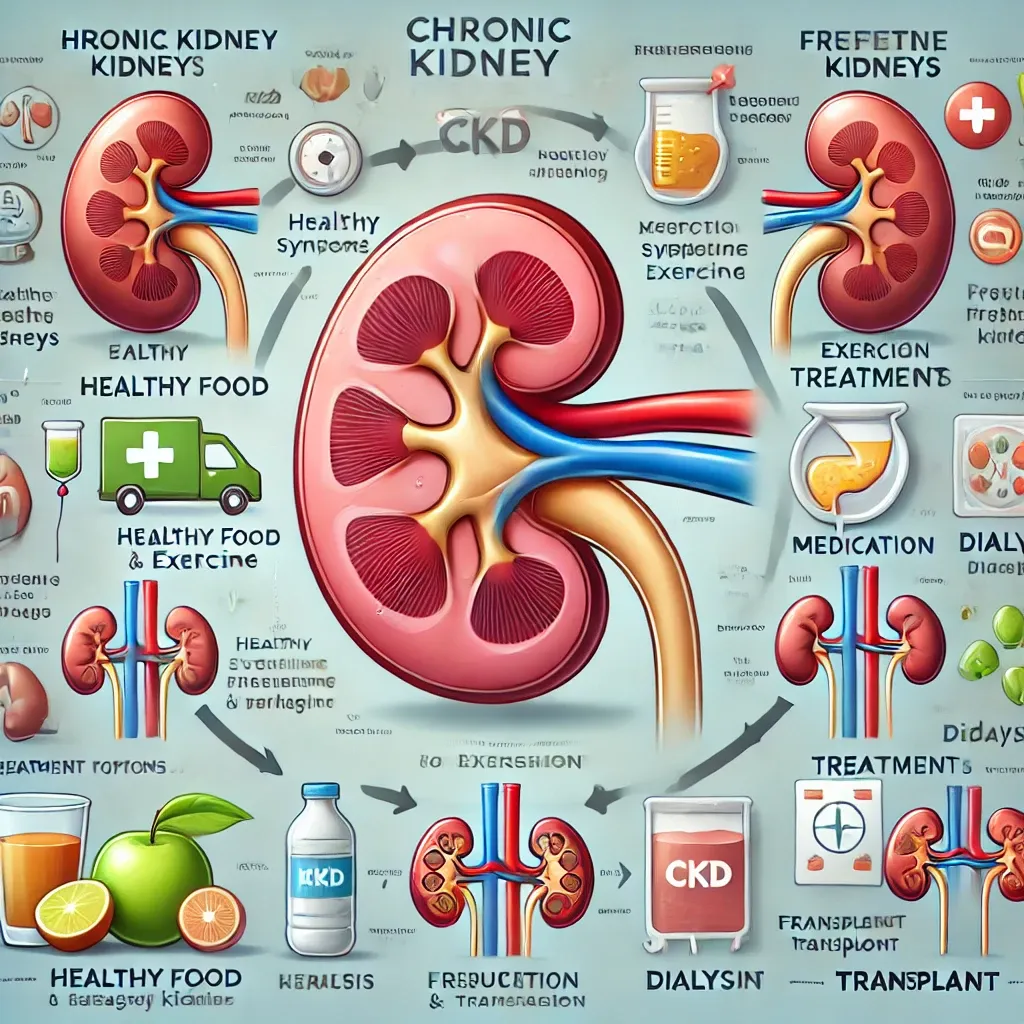The First 5 Signs of Kidney Disease You Should Never Ignore
Kidney disease, often referred to as a “silent killer,” can progress without noticeable symptoms until it reaches a severe stage. Early detection is crucial, as timely medical intervention can slow down the progression and prevent complications. Here are the first six signs of kidney disease you should never ignore.

What is Kidney Disease?
Kidneys, shaped like beans and roughly the size of fists, are vital organs located on either side of the spine, just below the rib cage. Their primary function is to filter waste products and excess fluids from the blood, which are then excreted as urine. Additionally, kidneys regulate blood pressure, balance electrolytes, and produce hormones that stimulate red blood cell production. Kidney disease, also known as renal disease or nephropathy, encompasses conditions that impair kidney function. Chronic kidney disease (CKD) is the most common form, characterized by a gradual loss of kidney function over months or years.
First Five Signs of Kidney Disease
Recognizing the early signs of kidney disease is crucial for timely intervention and effective management. Here are the top five early indicators:
1. Fatigue and Weakness
Feeling excessively tired, weak, or having difficulty concentrating can signal kidney problems. When kidneys fail to filter waste properly, toxins build up, causing fatigue.
2. Swelling in the Legs, Ankles, or Feet
Fluid retention is a common sign of declining kidney function. Swelling, also known as edema, often occurs in the lower extremities and sometimes in the face.
3. Changes in Urination
Foamy urine, bloody urine, or changes in the frequency of urination can indicate kidney trouble. Increased nighttime urination (nocturia) may also be an early warning.
4. High Blood Pressure
Hypertension that is difficult to control is a red flag, as kidneys play a crucial role in regulating blood pressure. Persistently high blood pressure can damage the kidneys further.
5. Nausea and Loss of Appetite
A buildup of waste products in the blood, known as uremia, can lead to nausea, vomiting, and a reduced desire to eat. This can result in unintentional weight loss.
Causes and Risk Factors
Several factors contribute to kidney disease development, including:
Diabetes: High blood sugar damages kidney blood vessels.
Hypertension: Prolonged high blood pressure strains the kidneys.
Family History: A genetic predisposition increases risk.
Age: Risk rises after age 60.
Smoking: Damages kidney blood vessels.
Obesity: Increases strain on kidneys and risk of related conditions.

